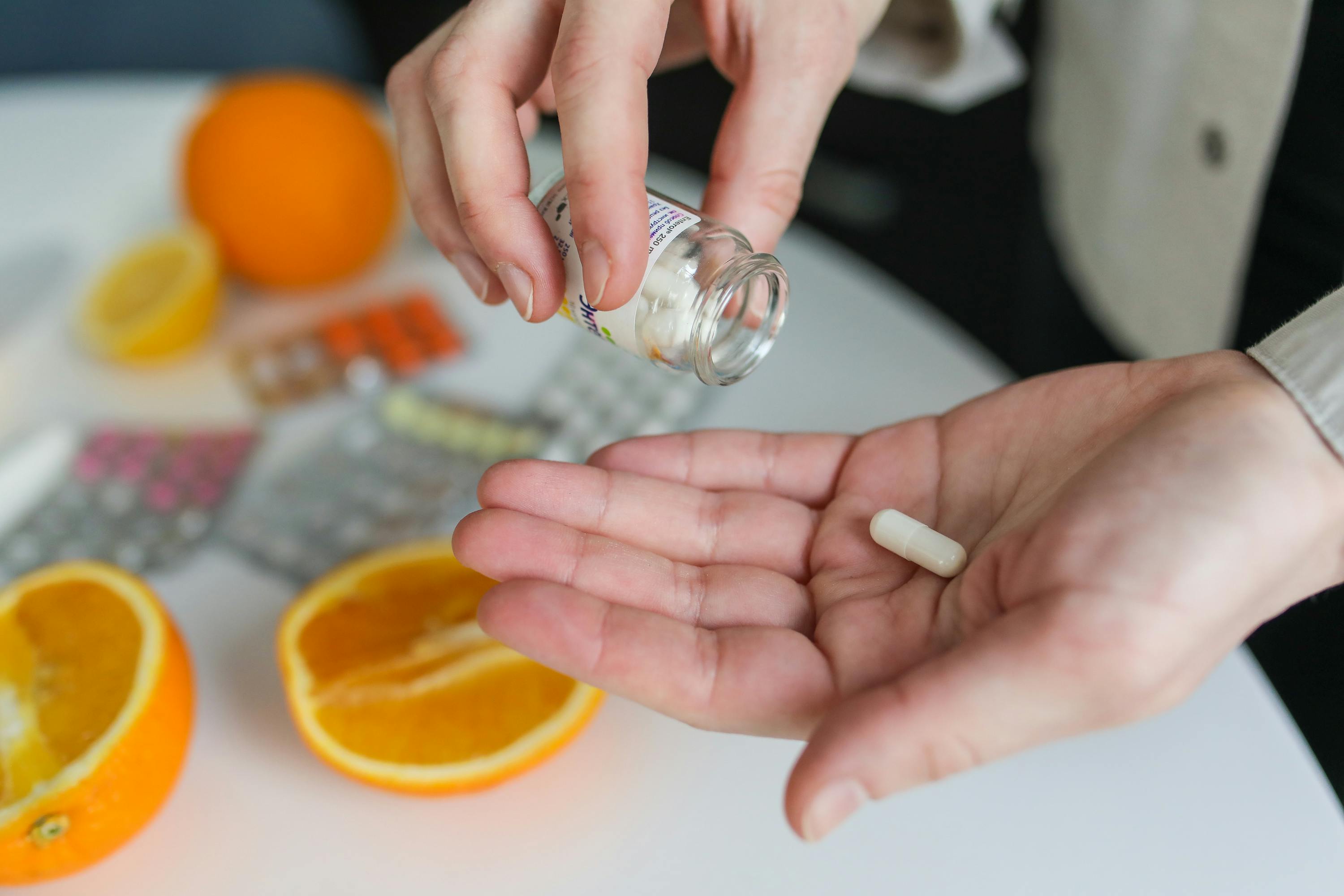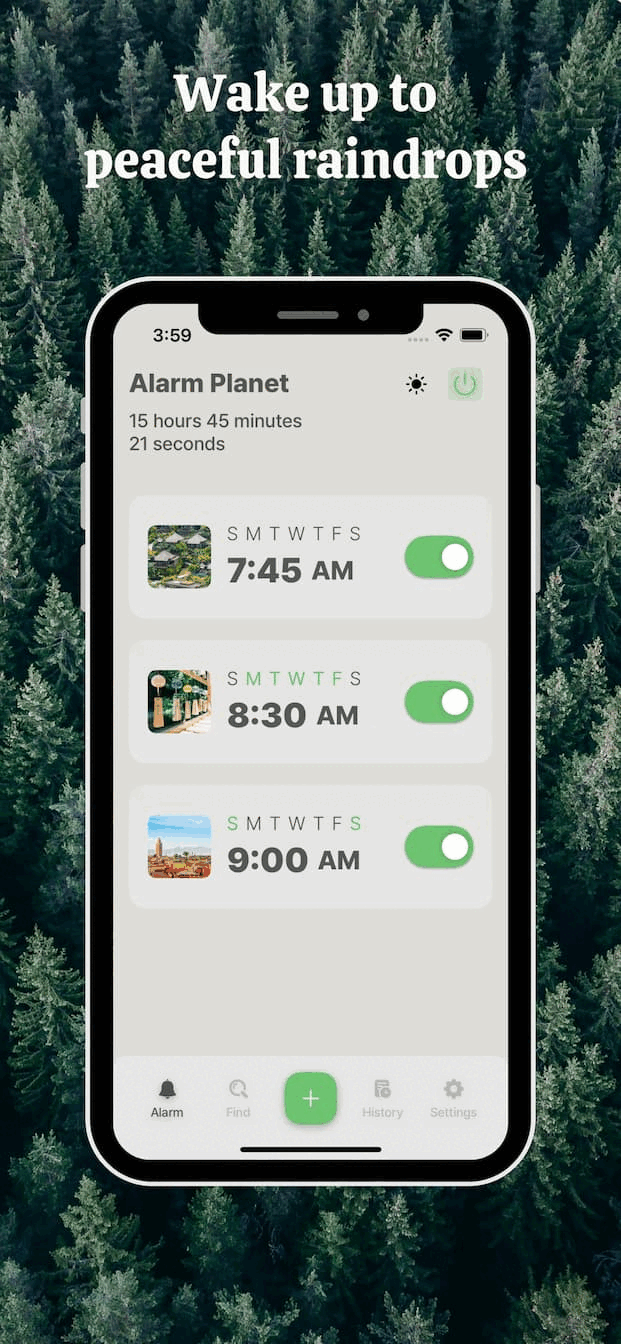 Michele Black
Michele BlackDo You Really Need a Daily Multivitamin?
Almost every grocery store or pharmacy is packed with shelves of multivitamins. From colorful gummies to tablets promising “complete nutrition,” it’s easy to feel like taking a daily multivitamin is something everyone should be doing. But is it really necessary?
Before stocking up on supplements, it’s important to understand what multivitamins truly offer—and who actually benefits from them.
Multivitamins are essentially a combination of different vitamins and minerals, often including vitamin A, C, D, E, B vitamins, calcium, iron, and magnesium. The goal is to help fill nutritional gaps, especially if your diet isn’t always picture-perfect. But recent research, including findings from Harvard Health, suggests that for many healthy people, a daily multivitamin may not make a big difference in overall health.
So, what does that mean for you?
Think of it this way: A multivitamin can act like a safety net, but not a substitute for eating a balanced diet. Fruits, vegetables, whole grains, and lean proteins provide nutrients in their most natural (and absorbable) form. Relying too heavily on supplements may give people false assurance they’re meeting their body’s needs.

What the Science Says About Multivitamins
Several long-term studies have aimed to answer the big question: Can multivitamins actually prevent diseases?
The short answer? It’s complicated.
For example, one large study known as the Physicians’ Health Study II followed over 14,000 men for more than a decade. While the results did show a slight reduction in cancer risk among those who took a daily multivitamin, there was no evidence it helped prevent heart disease, memory loss, or slowed aging.
Even the National Institutes of Health points out that multivitamins don’t seem to improve overall mortality rates. According to their supplemental factsheet, there’s no strong proof that regularly taking these supplements extends life or prevents major illnesses in otherwise healthy people.
But here’s the thing: science isn’t exactly saying multivitamins are useless—they just may not be effective in the way many people expect. Instead of thinking of them as miracle pills, it’s better to see them as support tools, especially for those who might be missing out on key nutrients for one reason or another.
So, who might actually benefit from taking them?
- People over age 50 (who may need extra B12 or vitamin D)
- Pregnant women (folic acid is critical for. fetal development)
- People on restrictive diets (like vegans or those with food allergies)
- Individuals with medical conditions affecting nutrient absorption (like Crohn’s disease or celiac disease)
In these cases, a multivitamin *can* help patch over dietary holes—just make sure to check with your healthcare provider first.

Photo courtesy of Pexels.com
Common Myths and Misconceptions
It’s easy to fall for the hype, especially when multivitamin advertisements promise everything from “better energy” to “sharper thinking.”
But let’s be honest. If something in a bottle could make you instantly feel healthier, we’d all be buying it by the truckload, right?
One of the biggest myths out there is that multivitamins give you more energy. While B vitamins do help your body turn food into energy, they don’t act like caffeine or a quick-fix energy booster. If you already get enough through your diet, taking extra likely won’t make a difference.
There’s also the belief that “more is better.” That’s not always true with supplements. In fact, taking too much of certain vitamins—like vitamin A, E, or iron—can be harmful. Overdosing on fat-soluble vitamins (which your body stores instead of flushing out) can lead to toxicity over time.
Another common mistake? Using a multivitamin as a free pass to eat poorly.
Sure, it’s great to cover your bases, but no supplement can replace the incredible benefits of a healthy, whole-food diet. Think of it like trying to fix a leaky pipe with duct tape—it might help temporarily, but it’s not a long-term solution.
Looking to keep your health in top shape? Focus on habits like:
- Eating a rainbow of fruits and vegetables
- Getting regular physical activity
- Drinking enough water
- Sleeping 7 to 9 hours per night
These things might not come in a bottle—but they naturally support your body in ways no pill can match.

Photo courtesy of Pexels.com
What’s the Bottom Line?
So, should you add a multivitamin to your morning routine?
Maybe—but it depends on your specific needs and lifestyle.
If you’re eating well most of the time, don’t have any underlying health concerns, and aren’t on a restrictive diet, taking a multivitamin probably won’t hurt—but it might not offer many benefits, either.
However, if your doctor has recommended it or you fall into a group with higher nutritional needs (like being pregnant, older, or managing a chronic condition), a daily supplement could help bridge small nutrient gaps.
Here are a few tips if you’re considering a multivitamin:
- Check for third-party testing. Look for labels like USP, NSF, or ConsumerLab to ensure quality and safety.
- Watch the ingredients. Avoid mega doses and stick close to 100% of the daily value (DV) for each nutrient.
- Talk to your doctor. Especially if you take medications, as some vitamins and minerals can interact with prescription drugs.
At the end of the day, the best approach is to eat a balanced diet made up of whole, nutrient-rich foods. Multivitamins can be helpful in some situations, but they’re no magic solution.
To sum it up: A healthy lifestyle starts on your plate—not in a pill.
If you’re still unsure, consider getting a nutrient check-up at your next physical. That way, you and your doctor can make informed decisions about whether you really need that daily multivitamin, or if your dietary habits are already doing the trick.
Now over to you—do you take a multivitamin? Has it made a difference in how you feel? Share your thoughts in the comments below!












